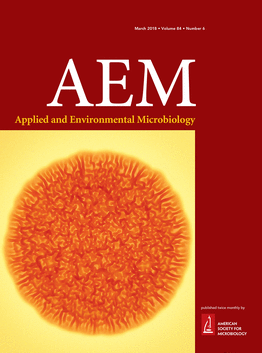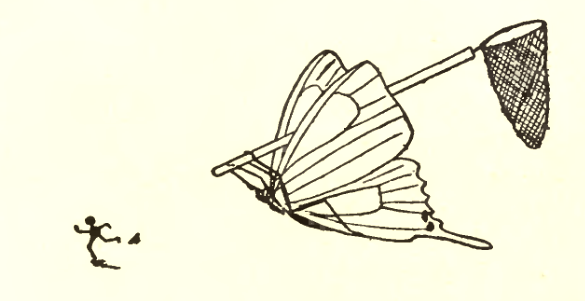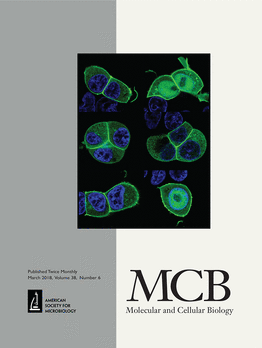
Two stem cell scientists who left Harvard University in the aftermath of a messy misconduct investigation may have found new roles in Italy’s National Institute of Health.
According to a document on the institute’s website, which we had translated, Piero Anversa and Annarosa Leri have been approved to start work at the Istituto Superiore di Sanità (ISS) by the institute’s board of directors. However, the president of the organization told us that the hirings are not yet final.
The document says the board unanimously recommended the appointments of Anversa and Leri on January 31 as winning candidates with “a rating of ‘excellent.’”
According to the document, Anversa would be an ISS expert in stem cell-based treatments for diabetes and Leri would be an expert in stem-based therapies for cardiovascular disease.
However, ISS president Gualtiero Ricciardi told Retraction Watch: Continue reading Stem cell researchers investigated for misconduct recommended for roles at Italy’s NIH




 A biology journal has retracted a 2011 paper after the
A biology journal has retracted a 2011 paper after the  Title:
Title:  An independent analysis of how The Ohio State University reviewed allegations of misconduct against a high-profile cancer researcher has found that the institution “complied with applicable law and with relevant institutional policies and reached reasoned and supportable conclusions.”
An independent analysis of how The Ohio State University reviewed allegations of misconduct against a high-profile cancer researcher has found that the institution “complied with applicable law and with relevant institutional policies and reached reasoned and supportable conclusions.” A researcher who is
A researcher who is 